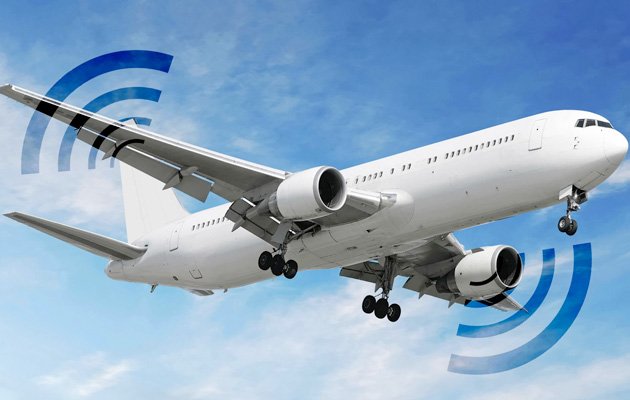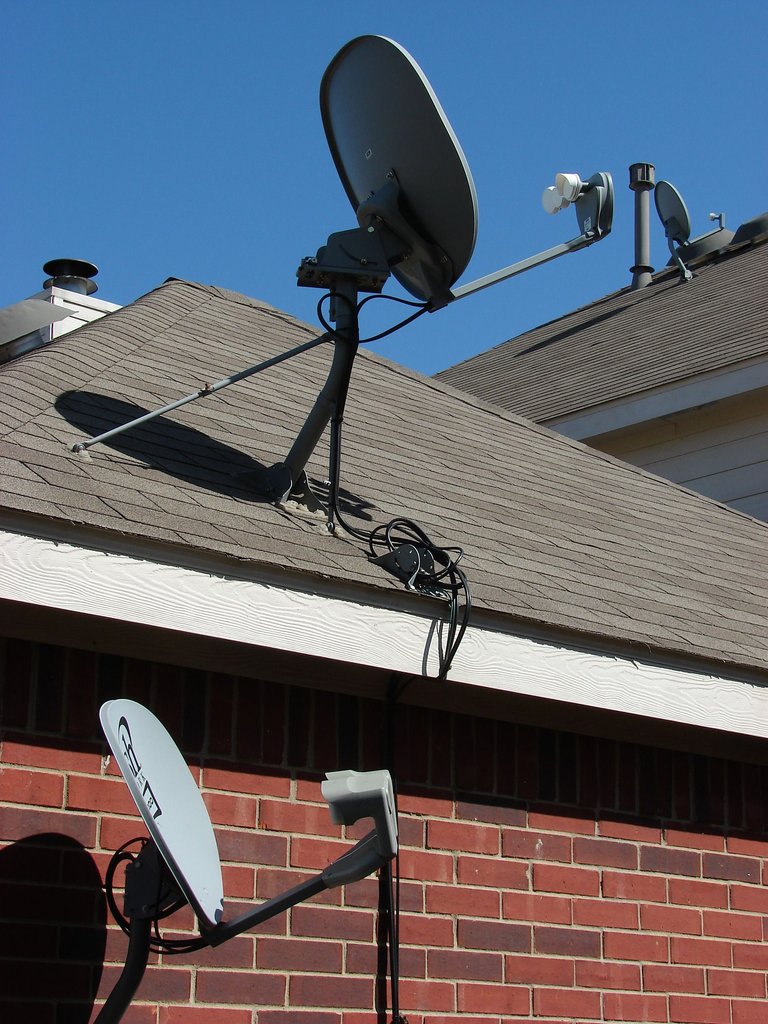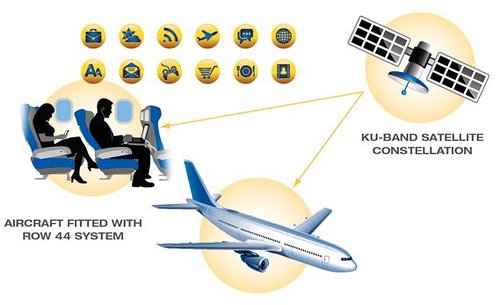
When you think about air travel,it's really isn't all that great.Unlike driving where you can pull off the Highway and hit up the nearest Hotel when you get a hankering.When you're on a plane you're basically crammed into a 500 mile an hour glorified bus with wings and a bunch of sweaty strangers and if you decided to step out for a snack Well, I hope you packed your parachute. Despite of huge fees and bad Food offering,they have atleast tried to make flying a little more tolerable by offering us in-flight wireless internet but how exactly does Wi-Fi work when you're six miles off the ground? Is it possible to make it better in the future?

Well, when inflight Wi-Fi first became a thing in the early to mid 2000s,it usually worked by beaming an internet connection to a transponder attached to the plane using satellites similar to how folks in rural areas without cable, DSL or fiber infrastructure use satellite dishes to get online.

Today, these systems are still in use along with another system called Air-To-Ground(ATG) transmission. This takes the form of towers similar to cell phone towers which have the advantage of being a lot cheaper than Satellite internet but they obviously only work over land, I haven't seen any floating cell phone towers on open barges yet.And there are other disadvantages too, not only do these towers suffer from geographical restrictions but the service they provide can be painfully slow.ATG systems don't provide great speeds, usually somewhere in the neighborhood of about 5Mbps whereas Satellite internet is faster with speeds of up to 50 Mbps on the KU band which is the same range of spectrum used to be satellite TV to your house. But with how many people can fly on an average commercial airliner at once?, even a 50 megabit connection can mean doing something as simple as downloading a word document can be frustratingly slow if lots of passengers are connected at the same time.

Current tech requires airlines to pull bulky antennas onto their planes. These are heavy enough to have a significant effect on the plane's weight and aerodynamics meaning higher fuel costs which are passed along to you. So,major air carriers are now starting to install KA Band satellite antennas which have the potential due to their higher bandwidth to reach hundreds of megabytes per second.Infact, JetBlue in the United States has already deployed the new tech on some of its planes.Infact, JetBlue in the United States has already deployed the new tech on some of its planes.
So,Maybe one day soon you'll be able to Livestream your transcontinental flight and show your audience how appalling the condition of the washroom really is.
Great piece of information.
@originalworks
@steem-untalented
You got a 3.06% upvote from @upmewhale courtesy of @laxmikadariya!
You got a 4.52% upvote from @allaz courtesy of @laxmikadariya!
woow good one
Release the Kraken! You got a 18.60% upvote from @seakraken courtesy of @laxmikadariya!
an interesting piece. What really captured me most in your post is the clear photo you used.
What camera did you make use of please? I like the images.hello @laxmikadariya
@incometips
they are just images for google, i cant afford a plane for taking a photo actually haha